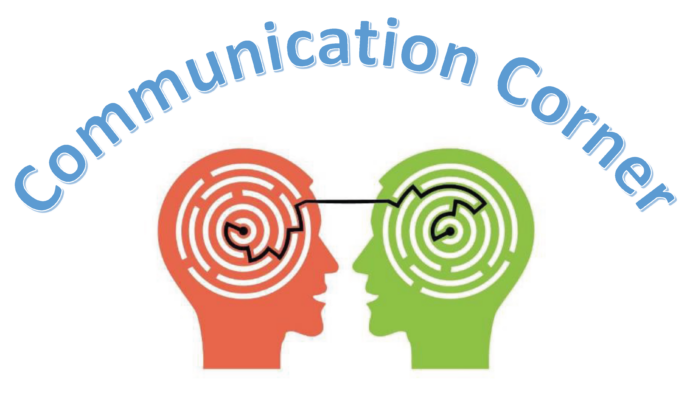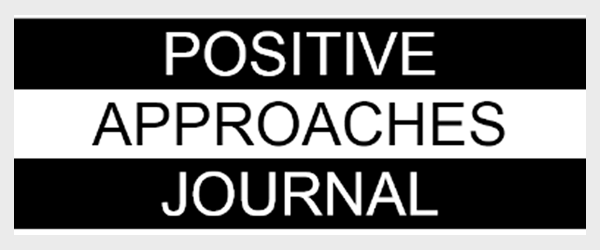
Communication Corner – Seeing It All
It is estimated that up to 75% of people with intellectual disabilities also have a vision impairment.
Regular vision screening and monitoring for vision changes are even more important for individuals with intellectual disabilities! Ophthalmologists recommend regular vision screening that allows for extra time and adapts to the unique needs of the person. Some tips include:
- Substitute pictures for letters
- Have a best communication partner to support the person through the exam.
- Partner with other professionals, like neurologists or occupational therapists, when extra support is needed.
You can help to monitor for vision changes by watching for:
- Squinting, or moving things closer or farther away to see
- Red or watery eyes
- Waving their fingers in front of their face
- Rubbing their eyes
- Clumsiness or poor hand-eye coordination
- Covering their eyes
- Frequent headaches


